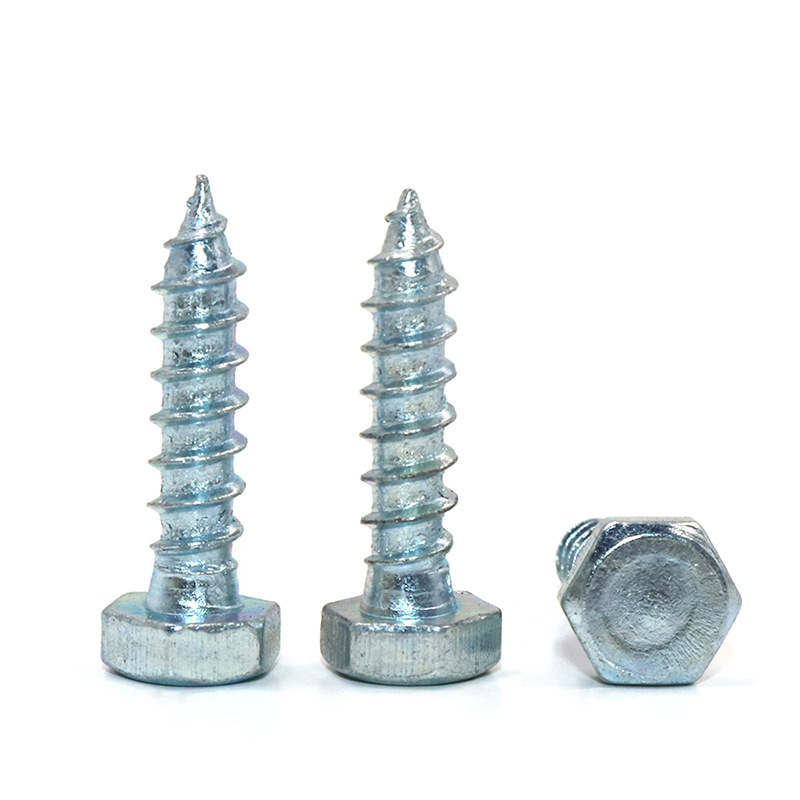

Understanding the Features and Applications of Threaded Bolts in Engineering Design
Nov . 10, 2024 00:07 Back to list
Understanding the Features and Applications of Threaded Bolts in Engineering Design
Understanding Threaded Bolts An Essential Component in Modern Engineering
Threaded bolts are among the most foundational elements in engineering and construction, serving as a reliable means of fastening components together. This humble yet vital tool has contributed significantly to the stability and safety of a myriad of structures, from bridges and buildings to machinery and vehicles. In this article, we delve into the aspects of threaded bolts, exploring their design, materials, applications, and importance in various industries.
What is a Threaded Bolt?
A threaded bolt is a fastener characterized by a cylindrical shaft and external threads along a portion of its length. The threading allows the bolt to fit into a corresponding nut or threaded hole, creating a secure assembly when tightened. The head of the bolt, which can be hexagonal, square, or other shapes, provides a means of applying torque during installation. Bolts can vary significantly in size, diameter, and length, making them versatile for different applications.
Types of Threaded Bolts
There are numerous types of threaded bolts designed for specific functions. Some common categories include
1. Hex Bolts These bolts have a hexagonal head and are typically used with a nut. They are widely used in machinery and structural applications.
2. Carriage Bolts Recognized by their rounded head and square neck, carriage bolts are commonly used in wooden applications, preventing the bolt from turning when tightened.
3. Lag Bolts These are large wood screws with a hex head, used primarily in heavy timber construction, where a strong hold is necessary.
4. Shoulder Bolts Featuring a smooth shoulder between the head and thread, these bolts allow for the rotation of connected parts, making them crucial in mechanical applications.
5. Eye Bolts Designed with a looped head, eye bolts are used for lifting and securing loads, providing a convenient connection point for hooks or ropes.
Materials and Coatings
Threaded bolts can be manufactured from various materials, each chosen for specific properties
. Common materials include- Carbon Steel Known for its strength and affordability, carbon steel bolts are often used in general applications but may require coating to resist corrosion.
threaded bolt

- Stainless Steel Offering excellent corrosion resistance, stainless steel bolts are ideal for applications exposed to moisture or chemicals.
- Alloy Steel These bolts are often used in high-stress environments because of their enhanced mechanical properties.
Coatings such as zinc plating or galvanization are frequently applied to carbon steel bolts to prevent rust and increase durability.
Applications in Industries
The versatility of threaded bolts allows them to be utilized across various sectors, including
- Construction Bolts secure beams, columns, and other structural components, playing a crucial role in the integrity of buildings and infrastructures.
- Automotive In the automotive industry, threaded bolts are essential for assembling engines, transmissions, and suspension systems, ensuring the reliability of vehicles.
- Aerospace High-strength bolts are vital in aerospace applications, where safety and performance are critical due to the harsh environments encountered during flight.
- Manufacturing Threaded bolts are ubiquitous in machinery and equipment assembly, providing the necessary strength to withstand operational stresses.
Importance of Proper Use
While threaded bolts are reliable fasteners, their effectiveness hinges on proper installation techniques. Ensuring the correct torque specifications is paramount, as overtightening can lead to deformation or failure of the bolt, while insufficient tightening might not achieve the required holding power. Additionally, selecting the right bolt type and material for a specific application is crucial to ensure safety and longevity.
Conclusion
Threaded bolts are indispensable elements in many industries, underpinning the safety and functionality of structures and machines we rely on daily. Understanding their types, materials, and best practices for use is crucial for engineers, manufacturers, and constructors alike. As technology advances, the design and application of threaded bolts will continue to evolve, but their fundamental role as a fastening solution remains constant. Whether in a skyscraper, a car, or an airplane, these small but mighty fasteners are indeed the backbone of modern engineering.
Latest news
-
Premium Fasteners Manufacturer | AI-Driven Solutions
NewsAug.01,2025
-
Hot Dip Galvanized Bolts - Hebei Longze | High Strength, Corrosion Resistance
NewsAug.01,2025
-
High-Strength Hot Dip Galvanized Bolts - LongZe | Corrosion Resistance, Custom Sizes
NewsAug.01,2025
-
Best Self Tapping Screws for Drywall - Fast & Secure Installation
NewsJul.31,2025
-
High-Strength Hot Dip Galvanized Bolts-Hebei Longze|Corrosion Resistance&Customization
NewsJul.31,2025
-
Hot Dip Galvanized Bolts-Hebei Longze Metal Products|Corrosion Resistance&High Strength
NewsJul.31,2025

